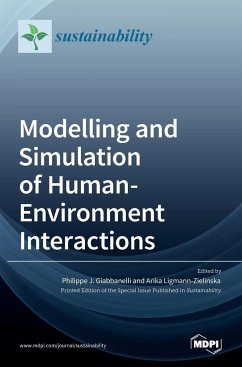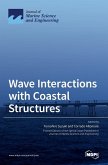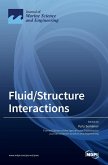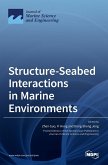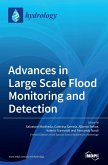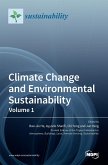Computational models provide intelligent environmental decision support systems to understand how human decisions are shaped by, and contribute to changes in, the environment. These models provide essential tools to tackle the important issues raised by climate change, including migrations and conflicts due to resource scarcity (e.g., water resources), while accounting for the necessity of co-managing ecosystems across a population of stakeholders with diverse goals. Such socio-environmental systems are characterized by their complexity, which is reflected by an abundance of open questions. This book explores several of these open questions, based on the contributions from over 50 authors. The book starts with a review of quantitative methods to model human responses to changes in water resources availability. Water resources are then examined comprehensively from a data science lens, focusing on the creation of an ambitious interdisciplinary platform to facilitate data collection and analysis across hundreds of variables. The feasibility of using novel data sources to create detailed models of socio-environmental systems is further exemplified via a study integrating real-time sensor data into an agent-based model, thus illustrating the two growing research themes of Internet of Things (IoT) and smart cities. As the development of a smart city represents only one of several possible futures, we complement this study with a scenario focused on urban shrinkage, thus illustrating the flexibility of agent-based models at representing different dynamic phenomena in the context of socio-environmental systems. To stress the importance of engaging local stakeholders in managing these systems, we also show how human factors can be included in modeling studies via mixed methods, by transforming the mental models of individuals into rules for agent-based models. While several books account for methodological developments in modeling socio-environmental systems, our book is unique in combining case studies, methodological innovations, and a holistic approach to training the next generation of modelers. One chapter covers the ontological, epistemological, and ethical issues raised at the intersection of sustainability research and social simulation. In another chapter, we show that the benefits of simulations are not limited to managing complex eco-systems, as they can also serve an educational mission in teaching essential rules and thus improve systems thinking competencies in the broader population.
Hinweis: Dieser Artikel kann nur an eine deutsche Lieferadresse ausgeliefert werden.
Hinweis: Dieser Artikel kann nur an eine deutsche Lieferadresse ausgeliefert werden.

